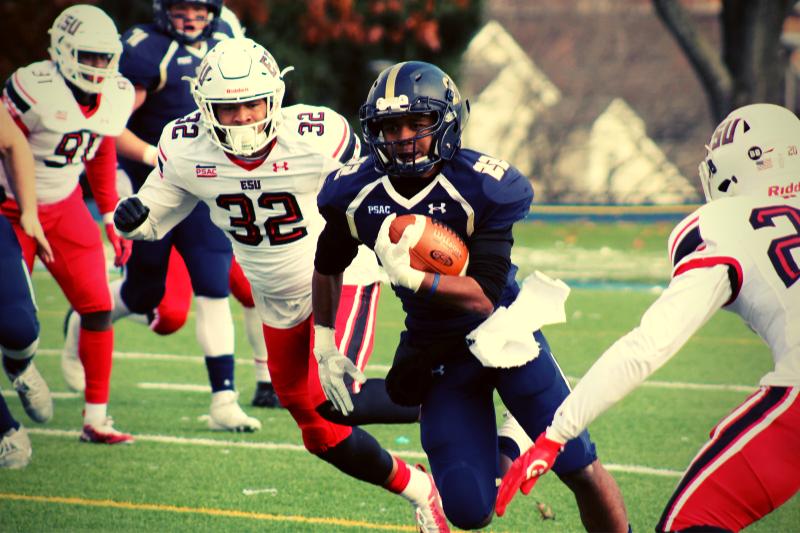Athletes know that hydration is about more than just water. While water is important, an active person also needs electrolytes to stay hydrated. Our ability to exercise, recuperate, contract muscles, lubricate joints, and distribute nutrients to our cells is directly correlated to our level of hydration and the concentration of electrolytes in our blood. It's a crucial part of a balanced wellness strategy.
Training and Water Loss
The human body cools itself down by sweating. We are adequately hydrated when our fluid intake is equal to our fluid loss through perspiration and urination. Roughly 45–70 percent of the human body is water depending on which tissue you’re looking at. Muscle is 70% water, so the more muscle you have, the more water you need to replenish.
Athletes frequently weigh themselves before and after a session to gauge how much water they're burning through during training. For hydration purposes only (not to track fat or muscle loss), we can use this to estimate how much water you'll need to drink after a workout to get back to pre-workout levels.
To stay hydrated, how much water should I drink?
For every pound you shed through fluid loss in a workout, drink 20 ounces of water with one serving of balanced electrolytes. If you lost 4 pounds, you’d need to consume 80 ounces. Considering that the human body can absorb about 1 liter per hour, you should drink about 1 shaker bottle's worth of water per hour for the following 4 hours. Don't worry if you don't have access to a scale, either. You can estimate your needs by drinking your bodyweight in ounces plus 8 ounces for every 30 minutes of exercise.
What electrolytes do I need?
Although we require a balance of all electrolytes, many people only consider the replacement of sodium, which can lead to an imbalance of electrolytes. Potassium and magnesium are also necessary, and they can be found in complete electrolyte hydration drinks as well as many vegetables and fruits. Calcium, chloride, and phosphorus perform important functions related not only to water balance, but performance and metabolism. Without all 6 electrolytes, you'll continue to feel run down and won't recover as quickly as you want to.
Maintenance of fluid and energy stores during exercise is a very well-developed field of study. The research shows that when you run out of electrolyte stores, your muscles and nerves can’t fire and you can’t move with strength or speed. Many athletes call this “bonking” or “hitting the wall”, and it signals the end of the workout for the day as well as the need for significant electrolyte replenishment.
When should I hydrate?
Prehydration is the key to maintaining your normal fluid levels. You can get a head start on your hydration by taking in a dose of electrolytes approximately an hour before you plan to work out. Refueling after you've already been dehydrated means you might take longer to recover from training. Dehydration causes cellular damage that takes hours to repair. It's not fun to have to play catch-up, so start with your hydration tank completely full so you can perform at your best.
What does a full day of hydration for athletes look like?
One electrolyte drink first thing in the morning, even before coffee.
8-16oz electrolyte drink 30-60 minutes before training.
While working out, drink around one shaker bottle's worth of water with electrolytes (20-32 ounces) every hour.
You should drink 20 ounces of water with electrolytes immediately following exercise, and then another 20 to 32 ounces per hour until you've met your daily water intake goal.
What about salt?
It’s a common misconception that salt is unhealthy. Adding salt to nutrient dense whole foods is great for you, since salt is a primary electrolyte. However, diets that are high in processed foods often contain sodium that is masked by other flavors, and these foods typically don’t include the other electrolytes.
We athletes are not typical; we train for long periods of time, sometimes every day, and sweat out a lot of salt. Foods that have been processed or packaged are not included in our diet. Nutritionists and doctors are worried about the health effects of salt added to food for purposes other than preservation and flavor. Our bodies are making good use of the salt we supply by eliminating it through perspiration. Replacing your current sodium intake will not cause you to retain water or gain weight.
Adjust as needed.
It's can be hard to know how much water and electrolytes you need to replenish after a workout since sweat and training volume are such personal variables. Use the above guidance as a baseline, and increase your hydration if you tend to sweat more, or if you feel like you don’t have enough energy to get through your workout.

